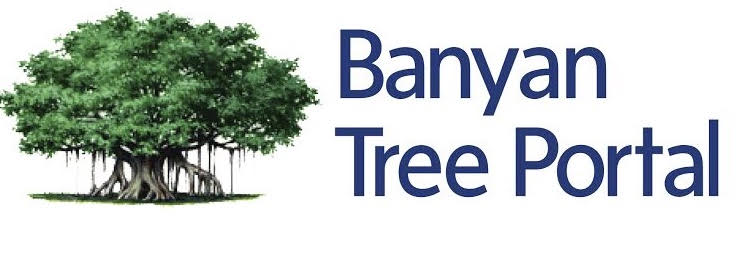Facilities & Safety Services
Environmental Stewardship
During the Campus Remodel in 2018- 2020, FNU thought about Sustainability in our building designs and construction planning. Because most of the buildings were built in the 1960’s it was a challenge to incorporate sustainable practices that are used in modern construction. FNU was able to incorporate some key principles and strategies for achieving sustainability in our buildings:
Energy Efficiency:
- When possible we used energy-efficient building materials.
- Effective insulation and sealing to minimize energy losses.
- The installation of energy-efficient HVAC (Heating, Ventilation, and Air Conditioning) systems.
- Energy-efficient lighting and appliances.
Water Efficiency:
- Low-flow plumbing fixtures and water-efficient appliances.
- Landscaping practices that minimize water consumption.
Site Selection and Design:
- Choose building sites that minimize disruption to natural habitats.
- Road and drainage are designed to minimize soil erosion and stormwater runoff.
- Incorporate green spaces and native vegetation, and repurposing a golf course for walking trails and wildlife habitat.
Passive Design:
- Use of windows and blinds to help shade in summer and incorporate heat in the winter to help regulate indoor temperatures.
Indoor Air Quality:
- Good ventilation and filtration systems to improve indoor air quality.
- We monitor and control indoor humidity levels.
Waste Reduction:
- Implement waste recycling programs.
- We encourage waste reduction in daily building operations.
Smart Building Systems:
- Use of smart technologies for energy management, lighting, and HVAC control.
Education and Engagement:
- Educate building occupants and users about sustainable practices and encourage their participation in conservation efforts.

